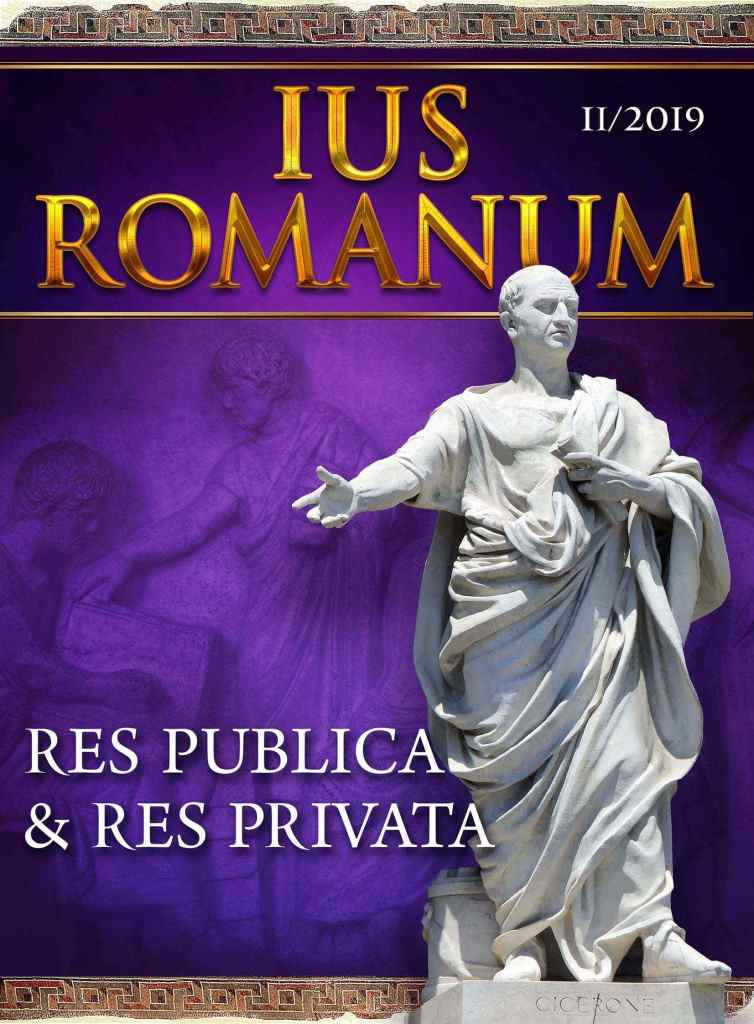OFFENSES AGAINST PROPERTY AND PHYSICAL INTEGRITY OF THE PERSON IN THE BYZANTINE ECLOGA AND THE EARLIEST SLAVONIC LEGAL CODE ZAKON SUDNYI LYUDEM
OFFENSES AGAINST PROPERTY AND PHYSICAL INTEGRITY OF THE PERSON IN THE BYZANTINE ECLOGA AND THE EARLIEST SLAVONIC LEGAL CODE ZAKON SUDNYI LYUDEM
Author(s): Dragan NikolićSubject(s): Law, Constitution, Jurisprudence, History of Law, Constitutional Law, Civil Law
Published by: Софийски университет »Св. Климент Охридски«
Keywords: Byzantine Ecloga; Slavic Zakon Sudnyi Lyudem; Byzantine criminal law; Slavic criminal law; reception of Byzantine law
Summary/Abstract: The paper is a result of many years of the author’s analyses of the provisions found in the earliest Slavonic legal code Zakon Sudnyi Lyudem ( i.e. The Law on the Trial of People, hereinafter ZSL), which was created in the 9th century in Slavic lands, either in Bulgaria or in Moravia. The present article analyzes only those provisions which emerged by means of reception, through modification, of analogous provisions of the Byzantine Ecloga. Out of the nineteen articles of this Slavonic Code that had been taken over from the Ecloga (along with modifications, amendments, or abridgment) seventeen articles contain provisions of criminal law; objects of protection by criminal law contained within them are property, sexual morality, the physical integrity of the person, marriage, the family, and the right to church asylum. The author concludes that there are three types of modification of Byzantine law which occurred during the reception process: stylistic and linguistic (the use of words whose meanings are approximately identical to those from the Ecloga or paraphrasing the text of the Ecloga in the author’s own words), quantitative (shortening or extending the original text of the Ecloga), and qualitative (substantial changes of the original text of the Ecloga). Quantitative modifications are the most numerous in provisions prescribing criminal sanctions. By means of qualitative modifications, recensionists of the Slavic Code imprinted in the text a spirit of their time, their own assessment of the appropriateness of the particular modifications, in an attempt to respond to the realistic or assumed requirements of their own social reality. Many qualitative modifications were obviously made with an aim to affirm and entrench Christianity as the newly-adopted official religion in these Slavic areas, but equally to suppress the legacies of pagan customary law.
Journal: IUS ROMANUM
- Issue Year: 2019
- Issue No: 2
- Page Range: 784-792
- Page Count: 9
- Language: English

